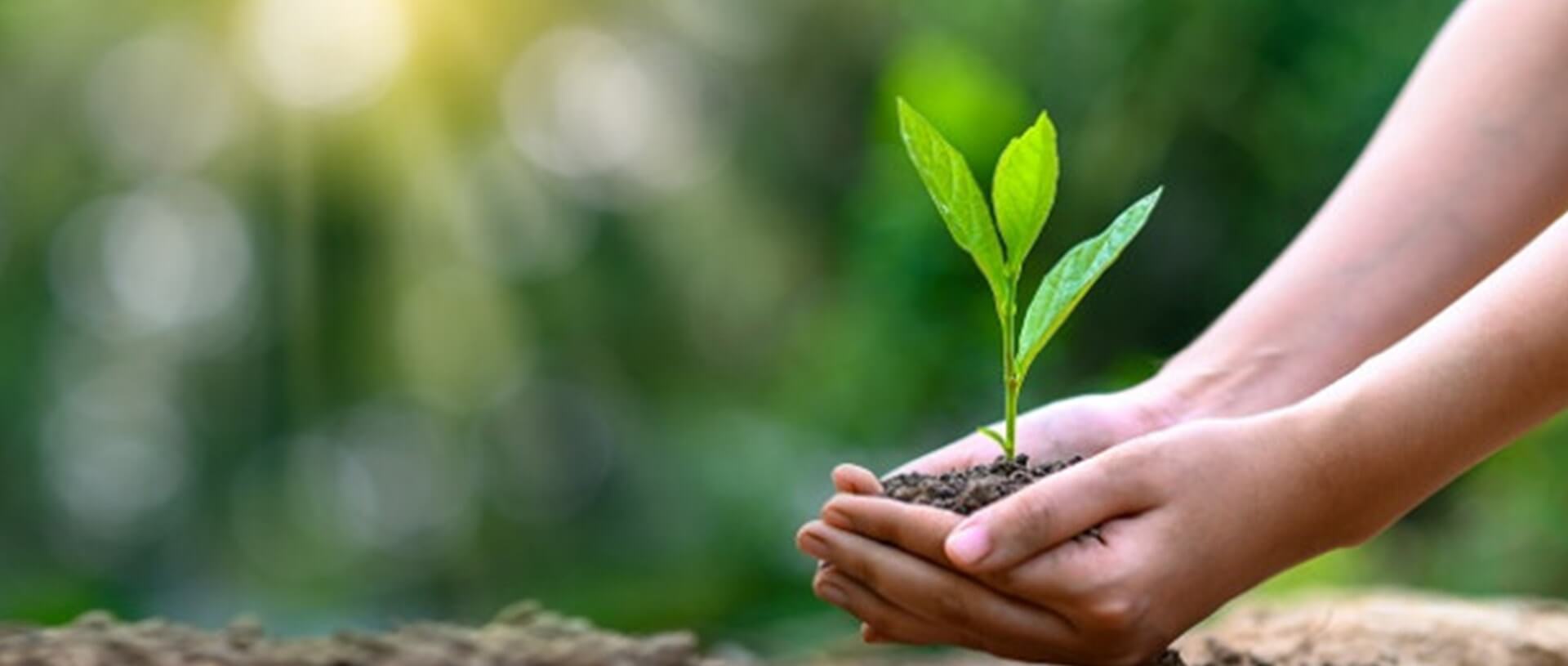Tunisia is the first Arab State to create a Ministry of Environment and Sustainable Development. It works closely with the Ministry of Transport to create a safe and clean environment. It has incorporated environmental laws into its national development strategy.
Examples of this strategy
- Treated water that leaves Tunisian sewage plants is recycled in ways that benefits the environment irrigating Tunisia’s many golf courses, roadside ornamental plantings, urban parks, cotton fields and non-food crops
- Tunisia faces the problem of desert sands from the south constantly encroaching into the arable farming land to the north. Anti-desertification initiatives involve planting windbreaks, stabilising sand dunes, and draining land that have become saline through overuse or misuse to make it arable again
- In the Sahara Visit Tunisia ensure all their suppliers are equipped with recycling equipment and what little waste that is created is brought out of the desert to leave a natural wilderness umblemished
- As part of its education programme the Ministry of Environment has developed a cartoon mascot, Labib, a long-eared desert fox who, for Tunisian children, has become as synonymous with cleaning beaches, planting trees, depositing rubbish in containers and conserving water and electricity
Tunisia is heavily dependent on providing great visitor experiences, as its second largest foreign exchange earner after agriculture. Tunisian planners understand that tourism requires a scrupulously clean environment and for this reason environmental programme funding is a high government priority.

“Understanding is about corporate social responsibility, recognising that we need to create sustainable events that leave positive lasting legacies and memorable experiences.” -

